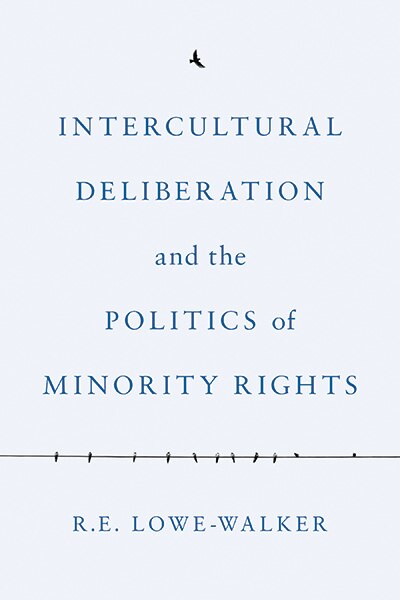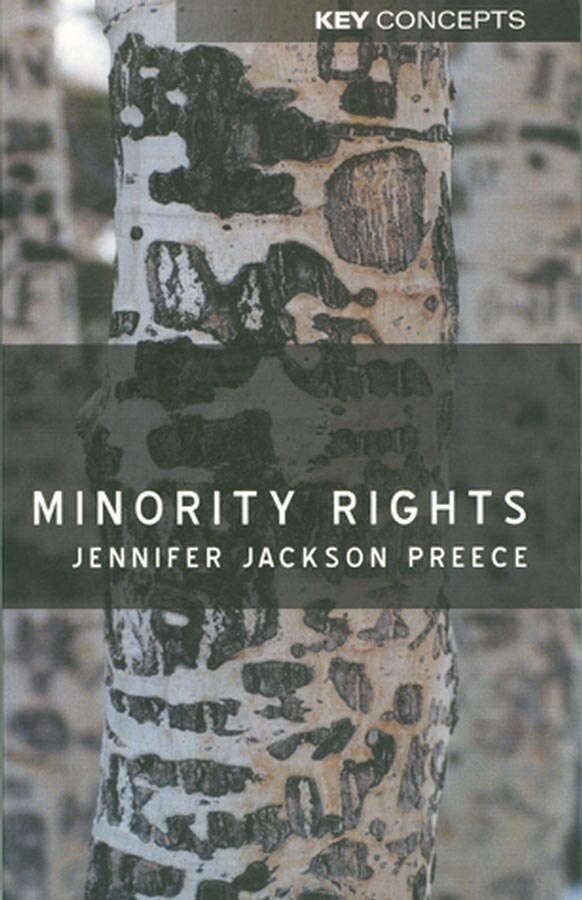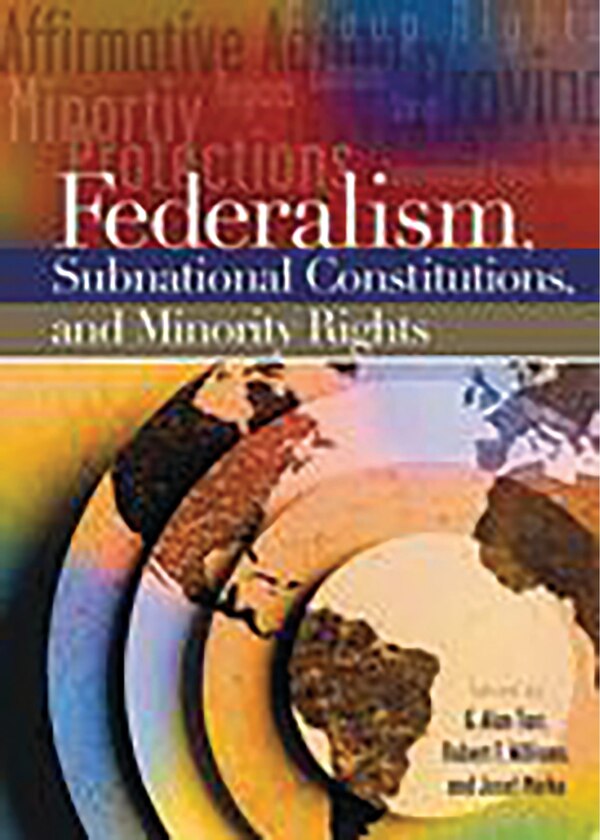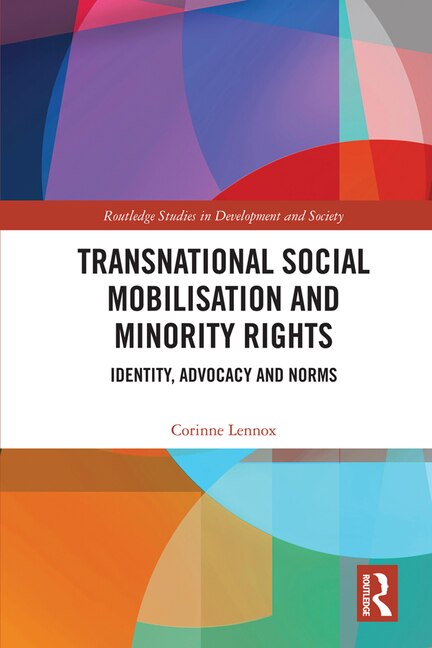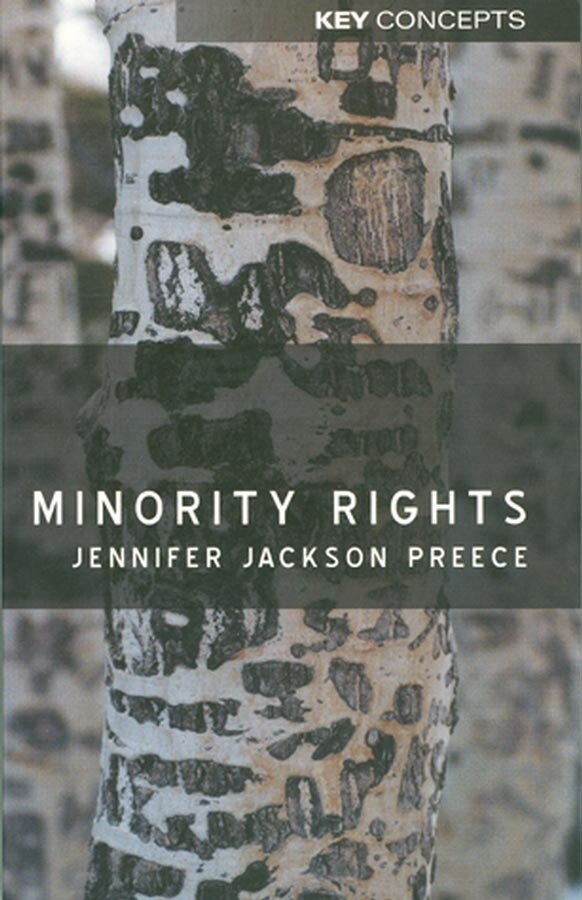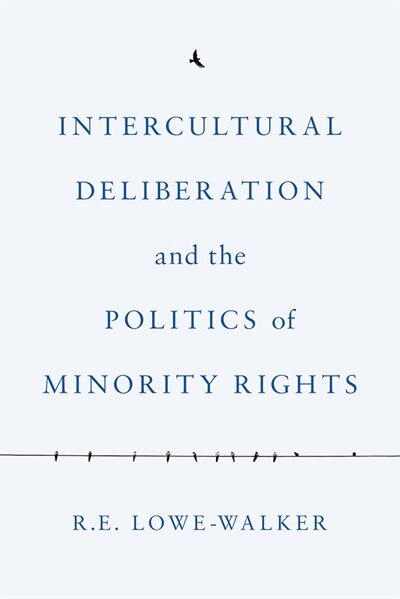
Compare Intercultural Deliberation and the Politics of Minority Rights by R.E. Lowe-Walker, Paperback | Indigo Chapters
R.E. Lowe-Walker
$32.95
Achieving socio-political cohesion in a community with significant ethnic, cultural, and religious diversity is a difficult challenge in contemporary liberal democracies. In the quest for neutrality, public policies and institutions shaped by the needs of the majority can inadvertently marginalize minority interests. Minority groups must therefore translate their desire for cultural recognition into terms that, paradoxically, often minimize cultural difference. Intercultural Deliberation examines the relationship between this minority rights paradox and cultural difference, building a compelling case for an inclusive approach to navigating minority rights claims. Indigenous peoples make claims supported by the rights of a liberal democracy; however, claims to sovereignty or self-governance question the legitimate authority of the liberal state and, in doing so, undermine the authority conferring the rights on which the claim is based. This interpretation of group rights makes it very easy to dismiss claims before they are properly understood. R. E. Lowe-Walker articulates a type of political deliberation designed to mitigate the unintended injustices imposed by majority norms. Instead of asking what the liberal state can tolerate, she asks how our understanding of difference affects our interpretation of minority claims, shifting the focus toward inclusive deliberations. This important work serves as both a measure of social justice and a vehicle for social change. | Intercultural Deliberation and the Politics of Minority Rights by R. E. Lowe-Walker, Paperback | Indigo Chapters | Intercultural Deliberation and the Politics of Minority Rights by R.E. Lowe-Walker, Paperback | Indigo Chapters

